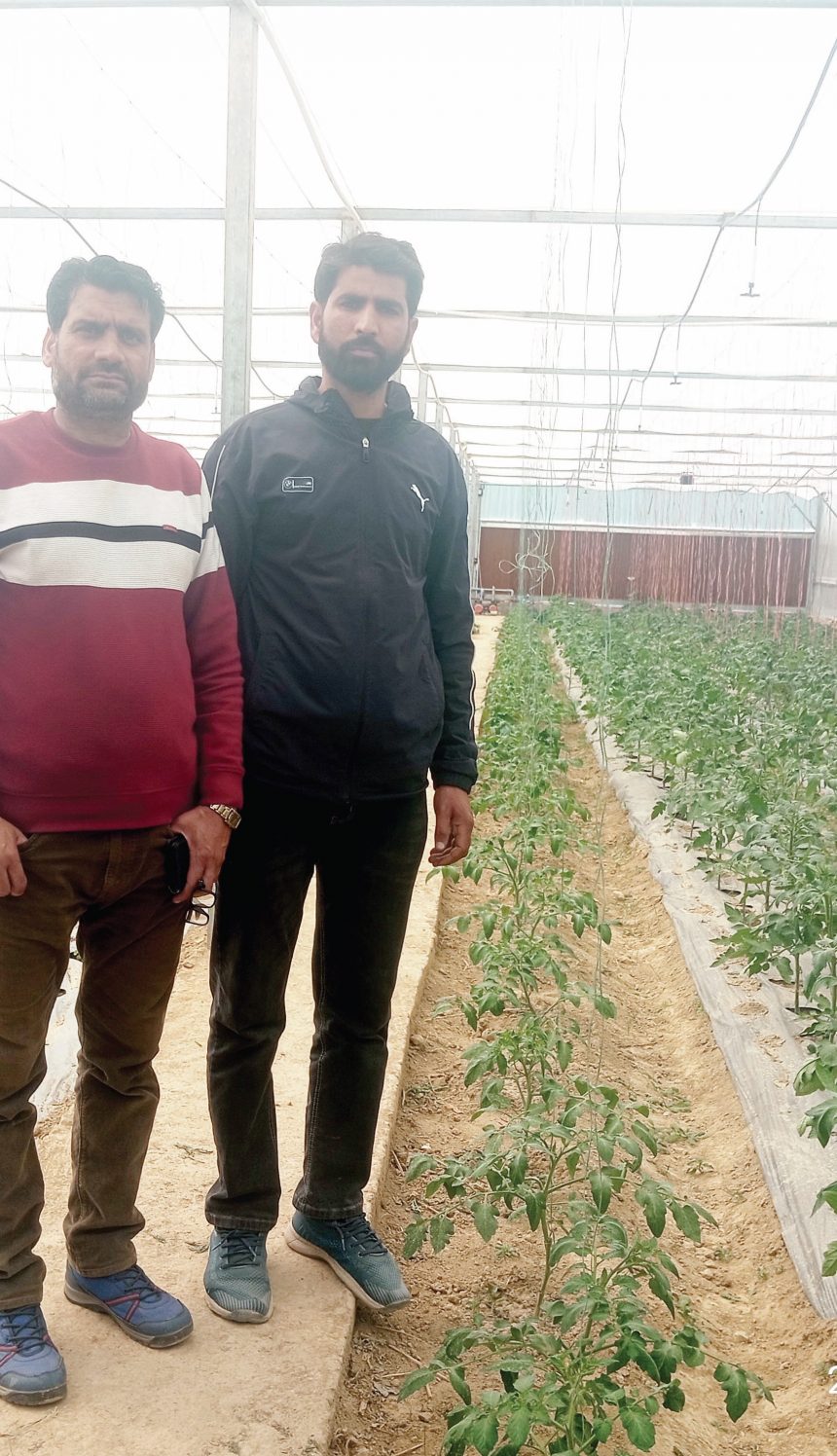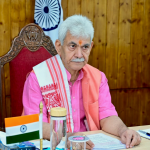Pulwama: In the quiet village of Trich in Kakapora area of South Kashmir’s Pulwama district, Nisar Ahmad, a young mathematics scholar, has emerged as a beacon of inspiration through his journey from hardship to entrepreneurship.
Nisar’s story is one of grit, resilience, and vision. Having lost his father at the tender age of six, he grew up witnessing his mother shoulder the burden of raising five children alone. Life was far from easy. As the fourth child, Nisar watched his mother struggle, eventually forcing his three elder brothers to drop out of school and take up manual labor to support the family.
Despite the crushing financial challenges, Nisar was determined to continue his education. With limited means, he began selling newspapers, riding a bicycle across villages to earn a modest income. “The struggle lasted for three years during my graduation. Whatever I earned went into buying textbooks and meeting small personal expenses,” he recalls.
He discontinued his newspaper job in 2006 after being selected for a postgraduate degree in Mathematics at the University of Kashmir. Following his PG, he pursued an M.Phil (Master of Philosophy) and took up teaching as a profession in 2010.
Over the next several years, Nisar worked as a contractual lecturer at various government degree colleges, including those in Anantnag, Pulwama, and Pampore. However, his career was disrupted when frequent changes in academic hiring policies led to uncertainty and job discontinuation.
“At that point, I realized I had to find a stable and sustainable way forward,” he said. That realization led him back to his roots—farming. What began as a necessity soon turned into a promising entrepreneurial journey.
Nisar had a small patch of barren land adjacent to his home in Trich. Instead of letting it go to waste, he filled it with fertile soil and began exploring opportunities in agriculture. “I approached the Department of Agriculture and gathered information on various government schemes,” he said. Keen on doing something different, he was introduced to the Holistic Agriculture Development Programme (HADP) by technical experts at the Agriculture Zone Kakapora.
Among the schemes under HADP was the promotion of hi-tech polyhouses for protected cultivation. Intrigued, Nisar began researching the method and its benefits. Motivated by the potential, he applied for the scheme, received technical guidance, and was granted a subsidy to install a hi-tech polyhouse.
By November 2024, the structure was in place, and Nisar sowed his first crops—spinach, coriander, and collard greens—on a trial basis. The outcome was encouraging. “In February, I raised a crop of hybrid exotic vegetable seedlings and earned a decent profit,” he said.
Now, Nisar is on the verge of harvesting his first major crops—hybrid tomatoes and seedless cucumbers. “Both are in the flowering stage, and the growth looks promising. I expect to harvest 10 to 15 kilograms of fruit per plant,” he said with optimism.
His polyhouse currently supports around 650 seedless cucumber plants and 450 intermediate tomato plants. With the guidance of agricultural experts and a clear vision, he is poised for success.
Syed Tawseef Ahmad, Agriculture Extension Officer (AEO) at the Agriculture Production and Farmers Welfare Department, Kakapora, commended Nisar’s efforts. “Around five entrepreneurs, including Nisar, have been hand-held and guided by us for the cultivation of exotic vegetables under protected conditions. All of them are doing well,” he said.
Ahmad emphasized the benefits of protected cultivation, which include shielding crops from adverse weather, better control over environmental conditions, and reduced pest infestations.
Nisar’s journey reflects the growing potential of modern agriculture in Kashmir. Through perseverance, innovation, and support from government schemes, he has not only secured his own livelihood but has also become a role model for youth in his community—proving that farming, when done smartly, can be both fulfilling and profitable.










